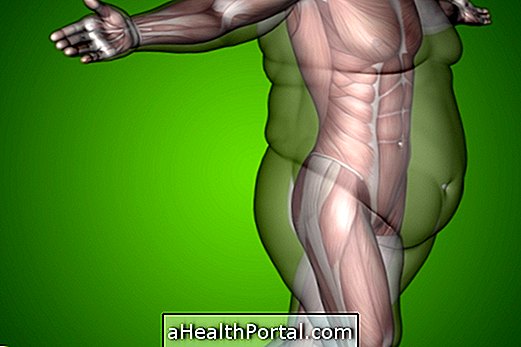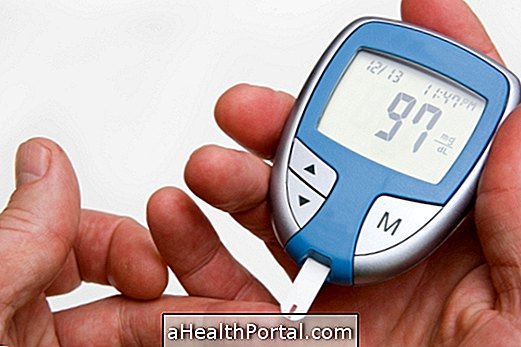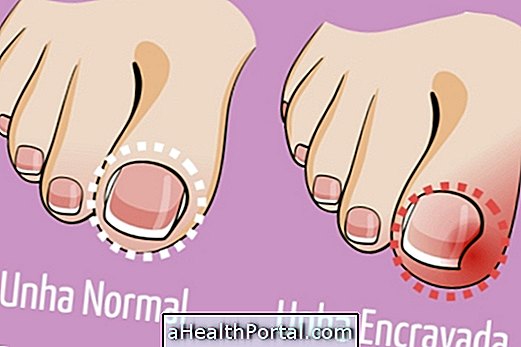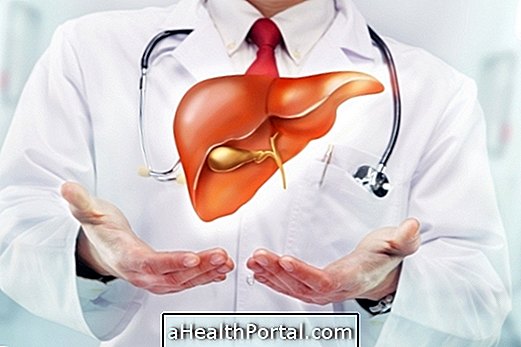Chromium helps to lose weight because it increases the action of insulin, which favors muscle production and hunger control, facilitating weight loss and improving body metabolism. In addition, this mineral also helps control blood glucose and lower cholesterol, being important in cases of diabetes and high cholesterol.
Adult females need 25 mcg of chromium per day, while the recommended value for males is 35 mcg, and chromium can be found in foods such as meat, eggs, milk and whole foods, as well as capsules, sold in pharmacies and natural products stores.
Why Chromium Helps in Weight Loss
Chromium helps in weight loss because it potentiates the action of insulin, a hormone that increases the use of carbohydrates and fats by the cells. In addition, the increased action of insulin also helps to reduce the feeling of hunger because the desire to eat appears when the hormone is low in the body.
Without chromium, insulin is little active in the body and the cells run out of energy too fast, needing more food shortly after a meal. Thus, chromium increases the weight loss happens because it causes the cells to take advantage of all the carbohydrate ingested in the meals, delaying the sensation of hunger.

Chromium increases muscle gain
In addition to reducing hunger, chromium also stimulates muscle production, as it increases the absorption of protein in the intestine, and makes it more used by muscle cells after exercise, favoring hypertrophy, which is muscle growth.
Increasing the amount of muscles causes the body's metabolism to increase as well, thus burning more calories and increasing weight loss. This is because the muscle is very active and consumes a lot of energy, other than fat, which hardly spends any calories. So, the more muscles, the easier it is to lose weight.

Chromium controls glycemia and high cholesterol
Chromium helps control glycemia because it increases glucose uptake by cells, lowering blood sugar and improving diabetes control. In addition, chromium also helps in controlling cholesterol, as it works by lowering LDL (bad) cholesterol and raising HDL (good) cholesterol, being very important to prevent and treat diabetes and high cholesterol.
Sources of chromium
Chromium can be found in food mainly in meats, fish, eggs, beans, soybeans and corn. In addition, whole foods such as brown sugar, rice, pasta and whole wheat flour are important sources of chromium, as the refining process removes most of that nutrient from food. Ideally, these food sources of chrome be consumed along with a source of vitamin C such as orange, pineapple and acerola, as vitamin C increases the absorption of chromium in the intestine. See the amount of chromium in food.
In addition to food, chromium can also be consumed in the form of supplements in capsules, such as chromium picolinate. The recommendation is to take 100 to 200 mcg of chromium per day along with lunch or dinner, preferably as directed by your doctor or dietician, as excess chromium can cause symptoms such as nausea, vomiting, and headaches.
Watch the following video and learn about other supplements that help you lose weight and decrease your appetite:




























